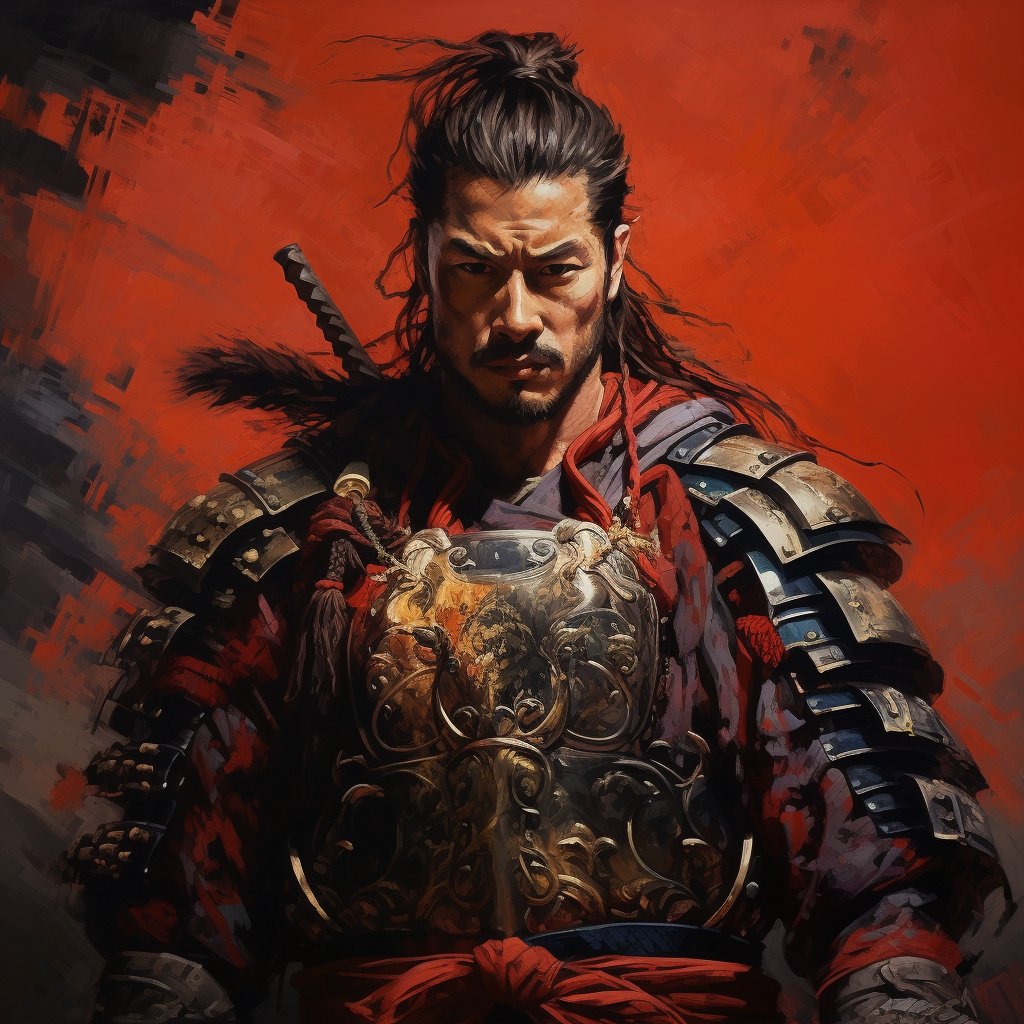The samurai, Japan’s legendary warrior class, have long captivated the world’s imagination. Their storied legacy, rooted in the feudal era of Japan, embodies a complex blend of martial skill, strict ethical codes, and cultural influence. This blog post delves into the world of the samurai, exploring their history, lifestyle, and enduring impact on modern culture.

The Rise of the Samurai
The emergence of the samurai dates back to the late Heian period (794-1185 AD), a time of growing unrest and conflict in Japan. Initially serving as provincial warriors under the employ of the nobility and imperial court, they gradually rose to prominence.

Warriors of Feudal Japan
Samurai were more than just soldiers; they were a class of elite warriors who played a pivotal role in the political and military realms of feudal Japan. As their influence grew, they developed into powerful military retainers, serving influential lords and participating in the many power struggles that characterized medieval Japan.
The Samurai Code: Bushido
At the heart of the samurai’s existence was the code of Bushido, a set of moral principles that governed their way of life. Bushido emphasized virtues such as loyalty, honor, bravery, and, most importantly, an unwavering dedication to duty. This code not only shaped the samurai’s conduct in battle but also in everyday life, influencing their culture, education, and personal conduct.

The Way of the Warrior
The life of a samurai was dedicated to the art of war and the mastery of martial skills.

Mastery of Martial Arts
Samurai were adept in various forms of combat, with a particular emphasis on swordsmanship. The katana, a samurai’s sword, was not just a weapon but a symbol of their soul and status. Training in martial arts was rigorous and lifelong, extending to other disciplines such as archery, horseback riding, and later, firearms.

Living Under the Code
The samurai’s adherence to Bushido significantly impacted their way of life. It dictated their loyalty to their lord and their conduct in battle, often requiring them to choose death over dishonor. The practice of seppuku (ritual suicide) as a means of preserving honor is one of the most dramatic manifestations of their commitment to Bushido.

The Decline and Legacy of the Samurai
The samurai era came to an end during the Meiji Restoration in the late 19th century as Japan modernized and moved away from its feudal system.
The End of a Class
The abolition of the samurai class was a part of Japan’s rapid modernization and westernization efforts. Samurai privileges were stripped, and their role as a distinct warrior class was dissolved, marking the end of feudal Japan.

Cultural Impact and Modern Influence
Though the samurai class no longer exists, their legacy lives on. Samurai have become iconic figures in global popular culture, celebrated in literature, film, and art. The principles of Bushido continue to influence various aspects of Japanese society, from business ethics to modern martial arts.

Conclusion
The samurai remain one of the most enduring symbols of Japanese culture and history. Their legacy of skill, honor, and duty continues to resonate today, not only in Japan but across the world. They remind us of a time when the sword and spirit were intertwined, and honor was a way of life. In the tales of the samurai, we find timeless lessons of loyalty, courage, and integrity.


Greetings,
Am glad to connect with you, My name is Pitroda Satyan G, am an investment consultant with KANZ ALSHAMS PROJECT CONSULTANT, I have been mandated by the company to source for investment opportunities and companies seeking for funding, business loans, for its project(s). Do you have any investment or project that is seeking for capital to fund it?
Our Investments financing focus is on:
Seed Capital, Early-Stage, Start-Up Ventures, , Brokerage, Private Finance, Renewable Energy Project, Commercial Real Estate, Blockchain, Technology, Telecommunication, Infrastructure, Agriculture, Animal Breeding, Hospitality, Healthcare, Oil/Gas/Refinery. Application reserved for business executives and companies with proven business records in search of funding for expansion or forcapital investments..
Kindly contact me for further details.
await your return e.mail soonest.
Regards
Dr. Pitroda Satyan G
Pingback: Warfare in Celtic and Samurai Traditions - ConnollyCove